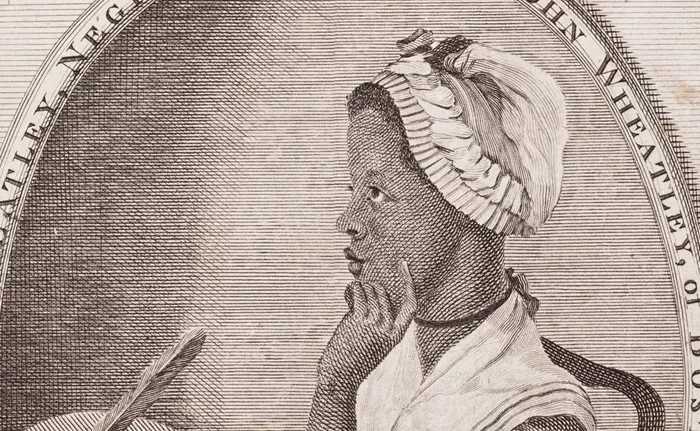December 21 has witnessed several notable events in Australian history, spanning from colonial times to modern-day occurrences. This article will delve into the key historical milestones that took place on this date, providing a detailed exploration of their significance and context.
What Happened on December 21 in Australian History?
1. The Recommendation of the Name “Australia” (1817)
On December 21, 1817, Governor Lachlan Macquarie recommended that the continent be officially named “Australia” instead of “New Holland.” This recommendation marked a significant moment in the national identity of Australia. Prior to this, the name “New Holland” had been used since the early European exploration of the continent by Dutch explorers in the 17th century.Macquarie’s proposal was influenced by the growing sentiment among settlers and explorers who sought a name that reflected the unique identity and characteristics of the land. The name “Australia” is derived from the Latin word “australis,” meaning southern, which aptly describes its geographical position in relation to other continents. This change symbolized a shift towards a more unified national identity and recognition of Australia as a distinct entity on the world stage.
2. Publication of “Clancy of the Overflow” (1889)
On December 21, 1889, Banjo Paterson’s iconic poem “Clancy of the Overflow” was first published in The Bulletin, a prominent Australian magazine. This poem is celebrated for its vivid depiction of rural life and its exploration of themes such as nostalgia, freedom, and the contrast between urban and rural existence.Paterson wrote this poem during a time when Australia was experiencing significant social and economic changes due to urbanization and industrialization. “Clancy of the Overflow” captures the spirit of the Australian bush and reflects the values and aspirations of rural Australians. The poem remains one of Paterson’s most famous works and is often regarded as a quintessential piece of Australian literature, resonating with themes that continue to be relevant today.
3. The Gun Alley Murder (1921)
The tragic case known as the Gun Alley Murder occurred on December 21, 1921, when 12-year-old Alma Tirtschke was raped and murdered in Gun Alley, Melbourne. This horrific crime shocked the nation and led to widespread public outrage.Colin Ross, a 28-year-old man, was arrested and subsequently hanged for the crime in 1922. However, decades later, evidence emerged that suggested Ross may have been innocent. In 1992, new forensic techniques revealed that another individual could have been responsible for Alma’s murder. The case remains unsolved and is often cited as an example of miscarriage of justice in Australia’s legal history.The Gun Alley Murder had profound implications for public perceptions of safety and justice in Australia, leading to discussions about law enforcement practices and the death penalty.
4. Establishment of a Direct Radio-Telephone Link (1938)
On December 21, 1938, Australia established a direct radio-telephone link between Canberra and Washington D.C., marking a significant advancement in international communication. This development was crucial for diplomatic relations between Australia and the United States, especially during a time when global tensions were rising leading up to World War II.The establishment of this communication link facilitated more effective dialogue between Australian leaders and their American counterparts. It represented Australia’s growing role on the world stage and its commitment to maintaining strong ties with key allies.
5. Launch of World Series Cricket (1977)
World Series Cricket was launched on December 21, 1977, by media mogul Kerry Packer. This innovative concept transformed cricket in Australia by introducing limited-overs matches played under lights with colored clothing and white cricket balls.Packer’s initiative faced significant opposition from traditionalists within cricketing circles but ultimately revolutionized how cricket was played and viewed in Australia and beyond. The success of World Series Cricket led to changes in domestic competitions and significantly increased public interest in the sport.The impact of World Series Cricket can still be felt today, as it paved the way for modern formats like Twenty20 cricket, which has become immensely popular worldwide.
Conclusion
December 21 serves as a reminder of pivotal moments in Australian history that have shaped its national identity, culture, legal system, international relations, and sporting landscape. From Macquarie’s naming recommendation to groundbreaking advancements in communication and sports innovation, each event reflects broader trends within Australian society.As we reflect on these historical milestones, it is essential to recognize their lasting significance and how they continue to influence contemporary Australia. Understanding these events not only enriches our knowledge of history but also informs our appreciation for Australia’s evolving narrative on both domestic and global fronts.
Related Topics:

